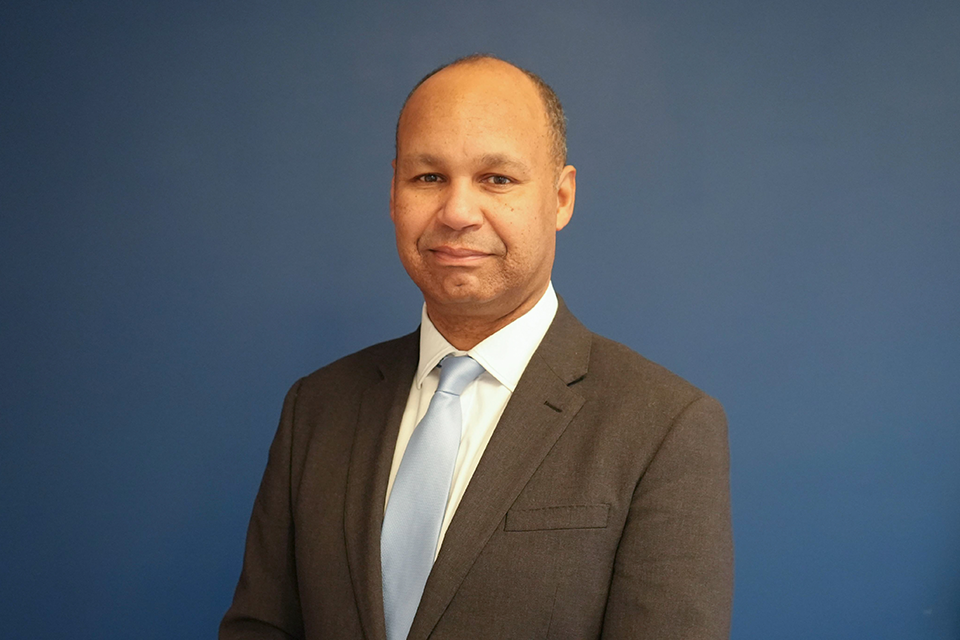The UK calls for Security Council expansion: UK statement at the UN General Assembly
Statement by Ambassador James Kariuki at the UN General Assembly meeting on Security Council reform.

Thank you, President.
At the outset, let me congratulate Ambassadors Albanai and Marschik for their well deserved reappointment as co-chairs of the intergovernmental negotiations. We appreciate the progress made under your able leadership earlier this year and look forward to that continuing.
It is difficult to ignore the context for today’s debate. The world and our multilateral system face increasingly complex and interconnected challenges.
Since we last debated the need for Security Council reform here in the General Assembly, we’ve grappled with increasing conflict around the world. The impact of Russia’s illegal war continues to be felt in Ukraine and globally. In Sudan, conflict is causing mass displacement and huge suffering for the Sudanese people. And of course, we’ve all witnessed the harrowing images from Gaza as the humanitarian crisis there deepens. In that regard, yesterday’s Security Council resolution calling for humanitarian pauses was an important step. There are, regrettably, numerous other examples around the world.
The United Kingdom believes that global multilateralism is the best tool we have to collectively tackle these challenges. We want it to succeed and thrive. This is why we also support multilateral reform, including reform of the Security Council.
The Council’s mandate to safeguard international peace and security is as relevant today as it was when the UN Charter was first signed in 1945. But the Council should evolve and expand to make it more representative of the international community it serves.
The United Kingdom continues to call for the expansion of the Security Council in both the permanent and non-permanent categories. We believe permanent African representation on the Council is long overdue, and we support new permanent seats for India, Germany, Japan and Brazil.
We also support an expansion of the non-permanent category of membership, taking the total Council membership to the mid 20s. With these changes, the Council will be better able to respond decisively to present and future threats to international peace and security.
President, since the General Assembly last met on this topic, we reaffirm our position regarding the use of the veto. It is a heavy responsibility and following the introduction of the veto initiative, this assembly can now rightfully hold vetoing powers to account. For our own part, the United Kingdom has not exercised our right to use the veto since 1989. As supporters of the Accountability, Coherence and Transparency Group Code of Conduct, we remain committed not to vote against a credible draft resolution to prevent or end a mass atrocity, and we encourage all States to join us.
President, agreeing the precise model for reform of the Security Council will take hard work and compromise. We must not let the process stall. We therefore support a move to text-based negotiations and commit to work constructively with all partners to find practical solutions that can command the necessary support.
In that regard, we welcome the concrete ideas set out by the co-chairs of the intergovernmental negotiations for how to make meaningful progress, and in the meantime, we pledge our commitment to serious and sustained engagement on Security Council reform. I thank you.